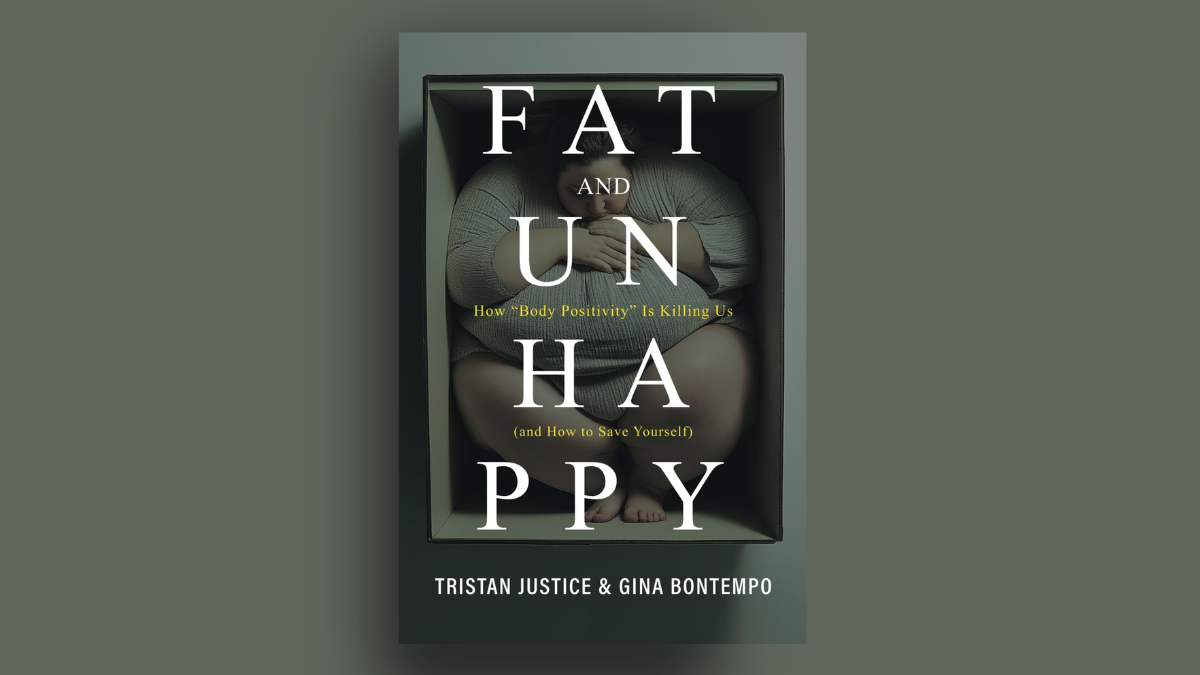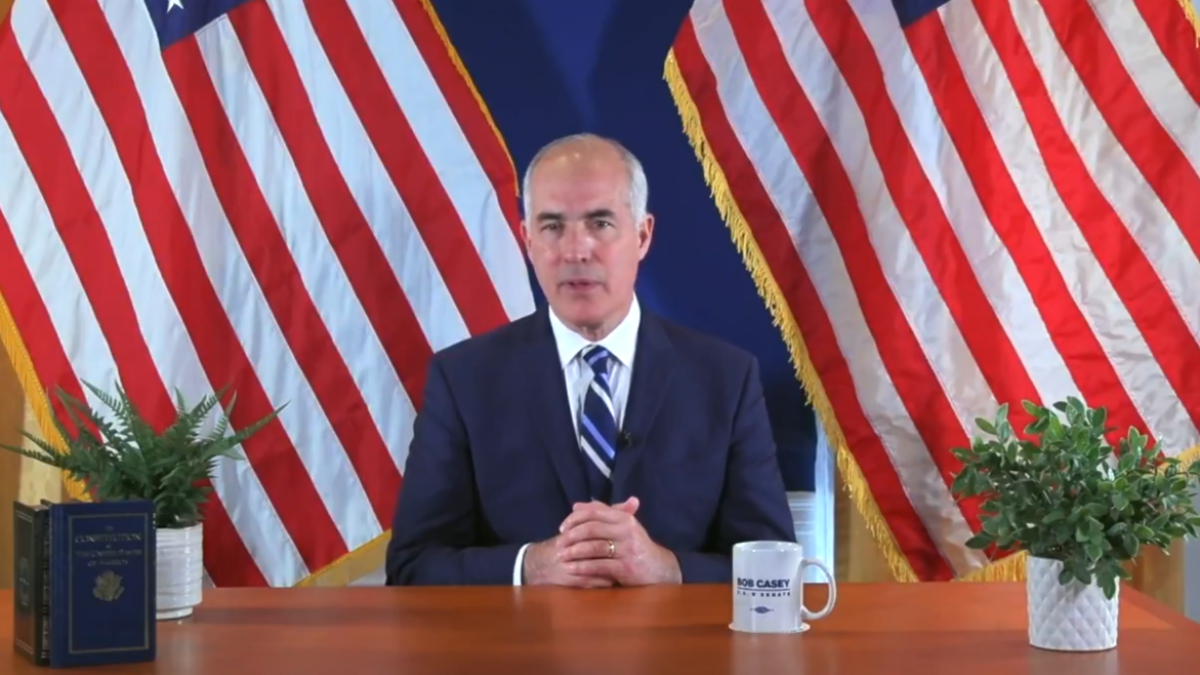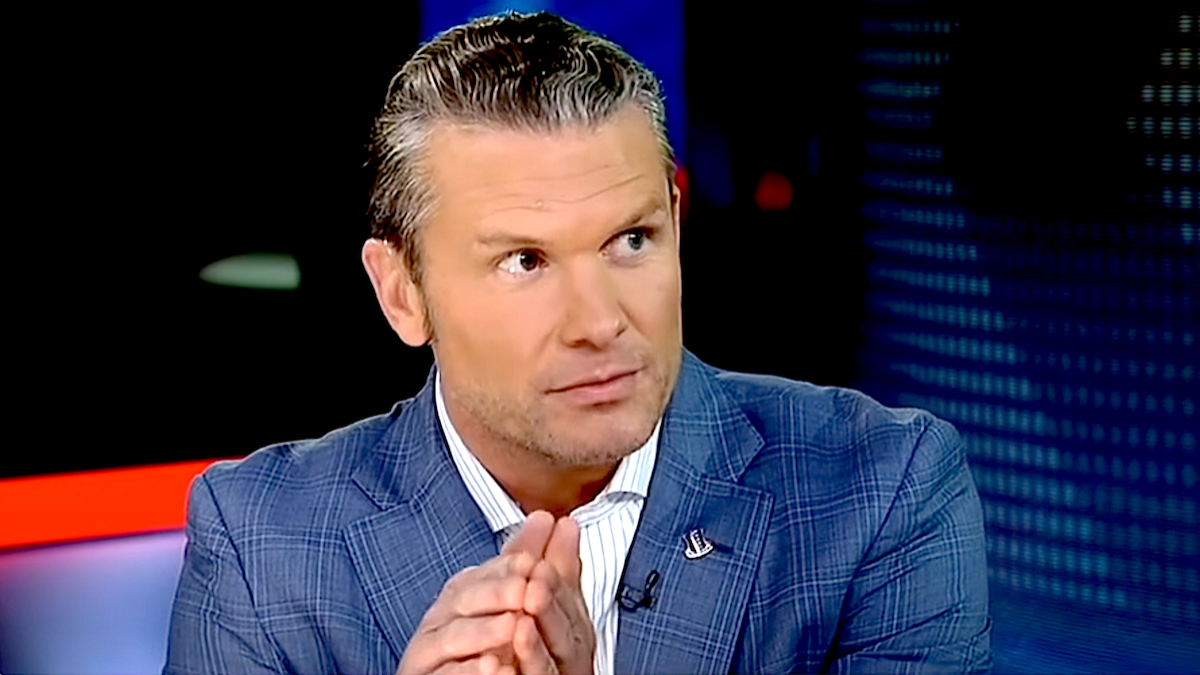
During the same week Hugh Hefner died, the Centers for Disease Control revealed that the number of new sexually transmitted disease cases in America had hit a record high. This unfurls a strange symmetry to the way history unfolds: a founding father of the sexual revolution dies at the same time that his legacy fully blossoms.
Two million American citizens came down with fresh spells of syphilis, gonorrhea, and chlamydia in 2016. If you factor in herpes and other diseases that can’t be so easily tracked, the CDC estimates there were something like 20 million new cases. This seems like it should be bigger news. You can picture Hefner’s ghost with a twinkle in its eye as it reads this item in one of the more fiery sectors in Purgatory.
Now, Hefner can’t be held personally responsible for every stricken genital in America, but it is not insane to connect the two stories. Reading many of the Hefner obituaries, you could get the impression that he was an apostle of sexual liberation. He was Sex Moses, coming down from Sex Mountain, bearing new Sex Commandments engraved on stone tablets. And the first Sex Commandment was: there are no sex commandments.
Hefner made being a libertine with an air-brushed harem a hip option for the sophisticated, smoke-jacket-wearing gentleman of the ’50s. Spray some glue on a piece of cotton, slap it on a Playboy Bunny’s buttocks, and there’s your great moment of liberation. Sixty years later, we’re $20 trillion in debt with 20 million additional blazing crotches. Ouch.
Turns Out a Sexual Free-For-All Has Major Downsides
According to the CDC, one of the main trends driving this STD epidemic are hook-up apps like Tinder. Half of the new cases were among 18- to 24-year-olds. These apps make users feel like they are Greek gods who can magically conjure sexual partners out of the ether, swiping through an endless catalog of potential hook-ups.
It makes the Hefner vision more egalitarian: you don’t need a mansion with a sleazy, unsanitary Jacuzzi to attract a squad of willing companions. You just need to look moderately good in a selfie and have a minimum of Tinder game. Basically, you need to be able to text people something vaguely clever and related to the information they’ve presented about themselves, instead of just propositioning them for sex or typing “heyy.” Manners and norms haven’t totally disappeared.
Yet freedom is only meaningful if it is for a purpose, not just freedom from any and all restrictions. What once seemed a promising, wide-open frontier for sexual pioneers (hook-up apps) soon descends into tribal massacres (STDs). If Hefner-style sexual liberation leaves everyone with the Clap, is it really so great?
Yes, Novelty Does Wear Out
I imagine most millennials aren’t eager to return to the era of arranged marriages and dowries, but they do want a dose of basic humanity and decency in sexual relations, which hook-up apps aren’t supplying. On the Netflix show “Master of None,” Aziz Ansari rudely decides to not respond to a former hook-up’s text, exclaiming, “We can be shitty to people, it’s one of the great things about being alive now!” That, of course, is ironic. It’s a cry for more human-heartedness, for tenderness and real affection in the way we relate to each other.
We’re obsessed with novelty and variety, and Tinder stokes that obsession. It makes users bounce from one person to the next, searching for fresh thrills. It encourages them to view people as excitingly weird flavors, like the ingredients on “Chopped” (candy corn and octopus in the same entrée?) instead of as actual people.
Of course, it doesn’t require any courage or moral adventurousness to be a cad or to ghost someone, just cold blood. The same goes for submarining. However, it does require courage to stick with someone, to cover the same ground over and over again, and have faith that this won’t bore you, but actually show you new revelations. These revelations are due to the repetitive nature of all relationships, not despite it.
Extending Our Time Until Eternity
Being married can be like the movie “Groundhog Day.” You do basically the same thing over and over: take kids to school, go to work, go home, pick up kids, eat dinner together, watch TV together (or, if you’re Mormon, have “family game night”) before going to bed. This may sound boring, but if you approach it with spirit and faith, it teaches you to see the poetry in things.
The Danish philosopher and theologian Soren Kierkegaard wrote that the faithfully married and loving spouse “solves the great riddle of living in eternity and yet hearing the hall clock strike.” Maybe this is part of the reason people put rings on their fingers when they get married: a ring is a symbol of endlessness, of going around again and again.
Let’s take an example from real life: the husband of a woman I know always throws his scrunched up socks into the washing machine, so they become saturated with water and don’t dry out after going in the dryer for the first time. She mentions this to him, but he just can’t remember. The scrunched up socks go into the washer every time.
At first, this annoys the wife. When she takes the socks out of the laundry and discovers they’re scrunched up, she briefly considers going nuclear. But, as he fails to remember so consistently, and time goes on, the scrunched up socks remind her of everything she loves about her husband. A husband’s scrunched up sock becomes a poem, a discovery of love inside the ordinary, even the annoying.
Marriage repays by allowing you to see poetry everywhere, whereas Tinder-based hedonism repays with a burning sensation experienced during urination. A good marriage becomes a source of beauty and illumination. It’s swiping through all the matches on Tinder that becomes the real slog.
The Beauty of Creative Repetition
Writers understand the value of repetition too. By re-writing and revising something repeatedly, you make new discoveries. You gradually unearth the essence of what you’re talking about, and make it readable. It’s impossible to toss off a great story, just like it’s impossible to form a meaningful relationship out of a Tinder-fueled orgy. You can’t escape work, and trying to escape it only breeds depression and failure.
Of course, recommending repetitious monogamy isn’t going to satisfy the secular world. Society will no doubt scramble for new ways of making promiscuity safe, streamlined, and sanitary. Scientists will scratch their heads and scribble on chalkboards at MIT until a Matt Damon-like janitor helps devise the correct algorithm. If they could just get control, if they could just make hedonism sensible…
But Laura Dern’s character in “Jurassic Park” offers a stern reply to this attempt at control. It makes a lot of sense if you imagine the theme park is a hook-up app and the rampaging dinosaurs are STDs. When the creator of Jurassic Park, John Hammond, says that he simply needs to regain control over his dinosaurs, Dern replies, “Control? You never had control! I was overwhelmed by the power of this place. So I made a mistake too. I didn’t have enough respect for that power, and it’s out now. You’re sitting here trying to pick up the pieces. John, there’s nothing worth picking up. The only thing that matters now are the people we love.”









